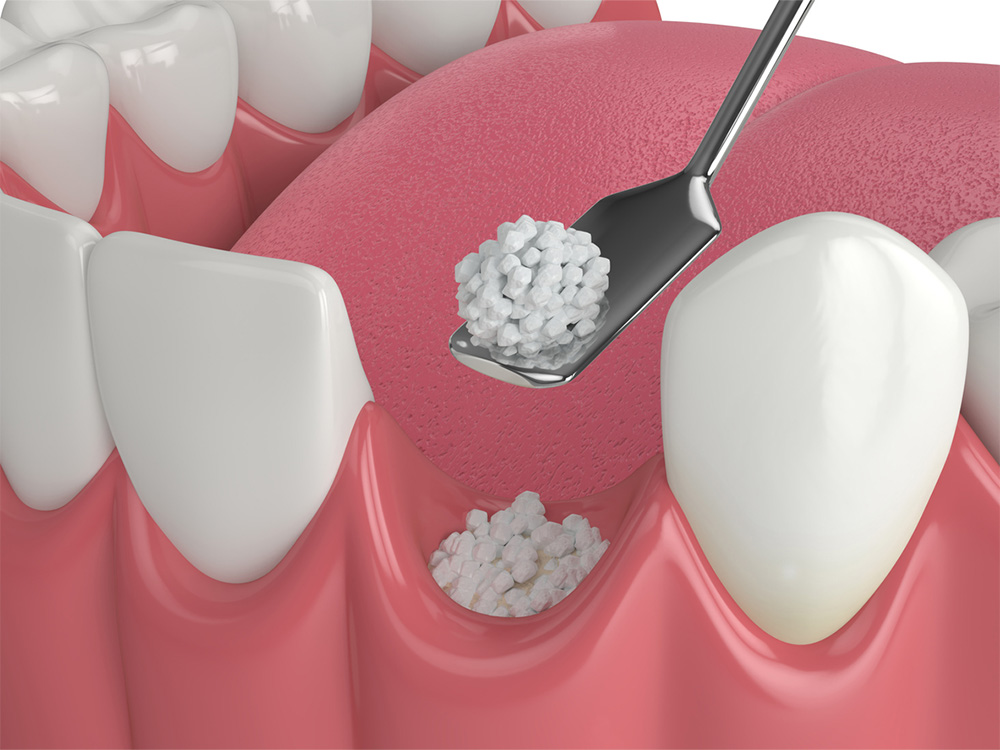Dental Bone Grafting
Dental bone grafting involves surgical procedures to repair or rebuild bone in the mouth by transferring bone tissue from one area to another. This technique helps recreate bone tissue to support dental structures, such as implants.
Dental Bone Grafting in Charlotte, North Carolina
If you lack sufficient natural bone in your mouth to support dental implants or dentures, dental bone grafting may be necessary. The type of bone graft you need depends on the location and extent of the damage.
Dental bone grafts are a common, safe and effective long-term solution, particularly for those with periodontal disease, oral injuries or dental infections. And we offer them right here in Charlotte.
Call to Schedule Schedule Online
-
What is a dental bone graft?
A dental bone graft is an oral surgery that stimulates new bone growth. It replaces unhealthy, missing or damaged bone with new bone, which can come from another part of your body or synthetic materials. Often, the graft includes processed bone minerals that aid in generating new bone cells.
-
Are you put to sleep for a dental bone graft?
During a dental bone graft procedure, you may be given local anesthesia to numb the area. Depending on the complexity of the surgery and your comfort level, sedation options like oral sedatives may also be available. Dr. Pollack will discuss the best anesthesia option for your specific case to ensure you are comfortable throughout the procedure.
-
What to eat after a dental bone graft?
After a dental bone graft, it’s important to follow a soft diet to allow proper healing. Foods like yogurt, mashed potatoes, scrambled eggs, smoothies and soups are ideal. Avoid hard, crunchy or sticky foods that could disrupt the graft site. Galleria Dental provides detailed dietary recommendations tailored to your specific needs.
-
How long does a dental bone graft take to heal?
The healing time for a dental bone graft varies but generally takes one to two months. After the procedure, Dr. Pollack will monitor the integration of the new bone with the existing bone in your mouth. He may prescribe antibiotics to prevent infection. Pain medication is usually not necessary, as most patients experience minimal discomfort. Once healed, you can proceed with the next steps, such as dental implants or dentures.
More Questions?
If you have more questions about dental bone grafting or would like to schedule an appointment, contact our office, and we will be happy to discuss further.

